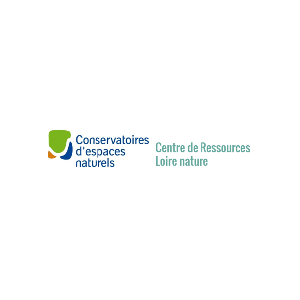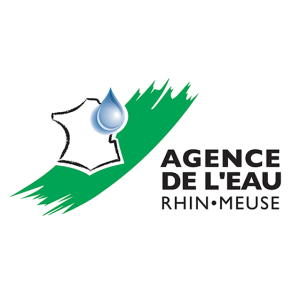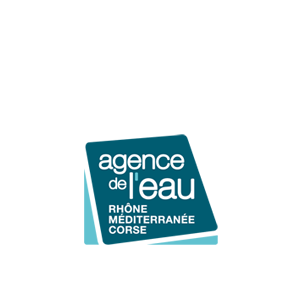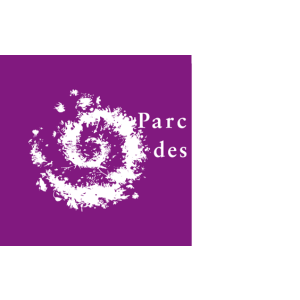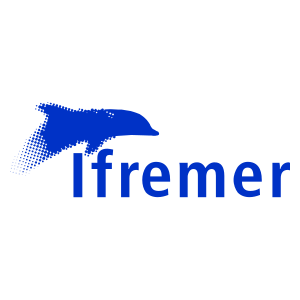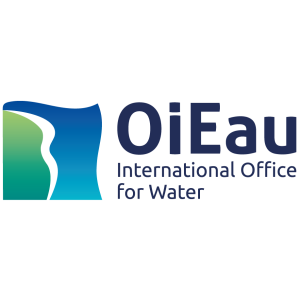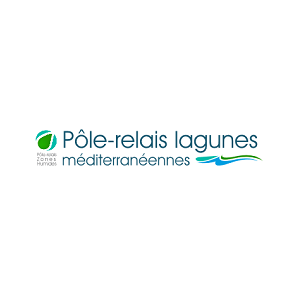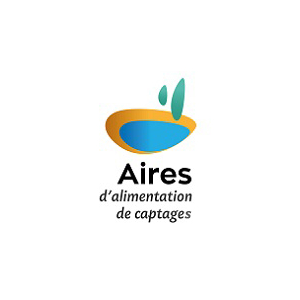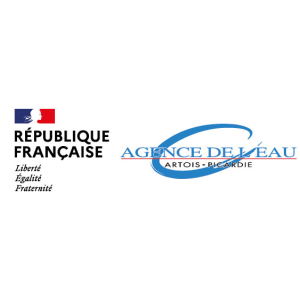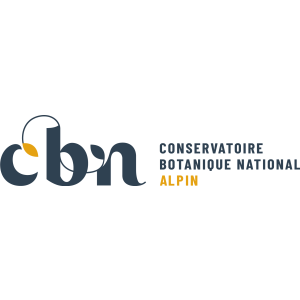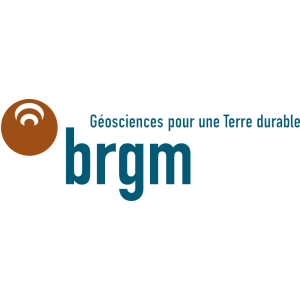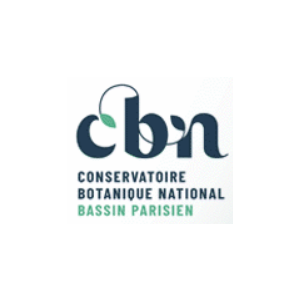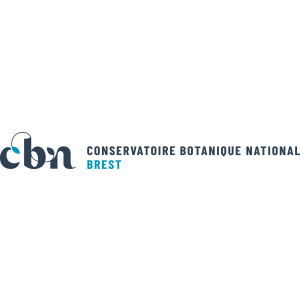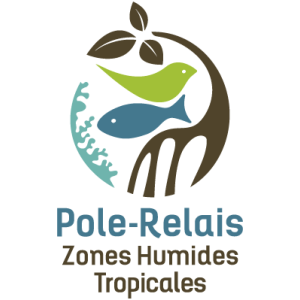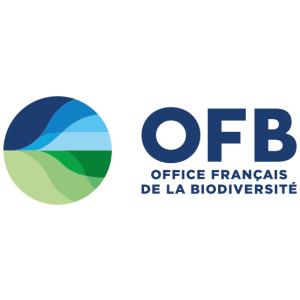
Document généré le 06/02/2026 depuis l'adresse: https://www.documentation.eauetbiodiversite.fr/fr/notice/recovery-of-third-stage-larvae-of-anguillicola-crassus-nematoda-dracunculoidea-from-the-flesh-of-fishes-assessment-of-a-digestive-medium-as-a-tool-for-the-study-of-fish-paratenic-hosts
RECOVERY OF THIRD-STAGE LARVAE OF ANGUILLICOLA CRASSUS (NEMATODA : DRACUNCULOIDEA) FROM THE FLESH OF FISHES : ASSESSMENT OF A DIGESTIVE MEDIUM AS A TOOL FOR THE STUDY OF FISH PARATENIC HOSTS.
Titre alternatif
Producteur
Contributeur(s)
Éditeur(s)
EDP Sciences
Identifiant documentaire
11-2001005
Identifiant OAI
oai:edpsciences.org:dkey/10.1051/kmae:2001005
Auteur(s):
A. AGOULON,G. BLANC,H. LE BRIS,A. MARCHAND
Mots clés
Nematoda
Anguillicola crassus
fish
paratenic host
infective thirdstage larvae
pepsin
Nematoda
Anguillicola crassus
poisson
hôte paraténique
larve L3
pepsine
Date de publication
01/05/2008
Date de création
Date de modification
Date d'acceptation du document
Date de dépôt légal
Langue
en
Thème
Type de ressource
Source
https://doi.org/10.1051/kmae:2001005
Droits de réutilisation
Région
Département
Commune
Description
The purpose of this study was to recover third-stage larvae (L3) of Anguillicola crassus alive from the flesh of fishes. Different digestive media have been tested on eel flesh for their efficiency and on living infective third-stage larvae for their harmlessness.
The results were :
(1) Long-term survival of the L3 larvae was low, but their morphological features were recognizable in each digestion runs.
(2) Pepsin concentrations between 2.5 and 40 g/l proved to be without influence on the short-term (2-4 hours) survival of the L3 larvae of A. crassus. The digestion of the eel flesh was more advanced with the most concentrated media, when applied for 12 hours.
(3) L3 larvae survived longer at pH 1.8 than 1.5, and digestion appeared to be faster at the upper pH level.
(4) L3 larvae survival was much longer at 20°C than at 30°C, but efficiency of the digestion process was poor at the lower temperature.
For epidemiological studies, the optimal factors combination has been established at pepsin concentration : 10 g/l, pH : 1.8 and temperature : 20-22°C, particularly when quantitative recovery of L3 larvae and work efficiency were taken into account.
Accès aux documents
0
Consultations
0
Téléchargements
